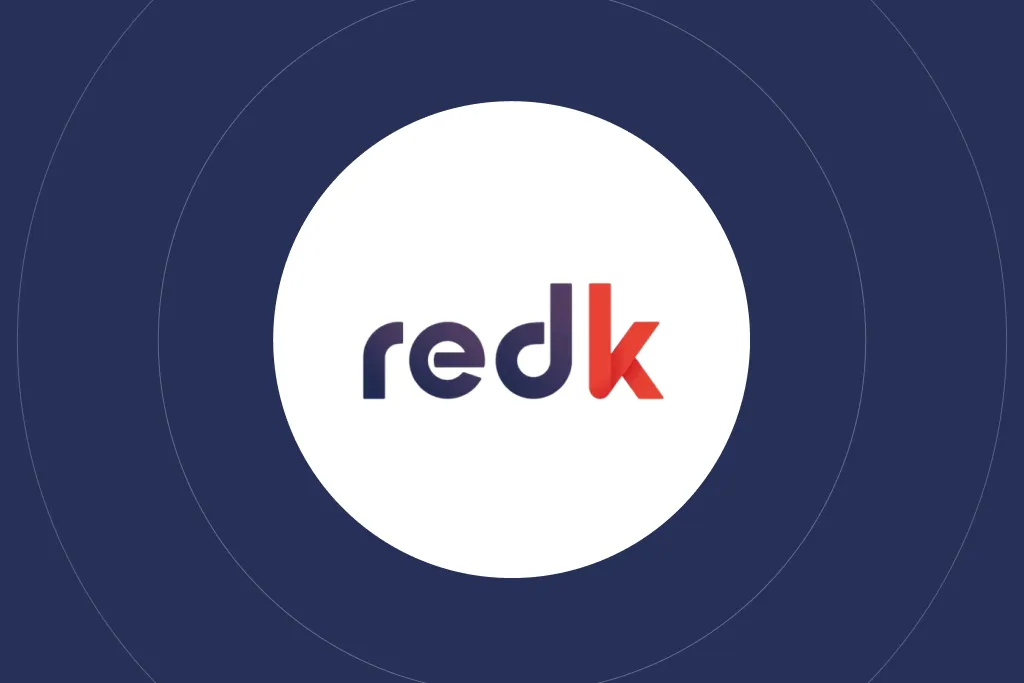Ahead of Dreamforce 2025, Salesforce unveils the innovations that will shape the future of digital marketing with artificial intelligence.

Salesforce has unveiled Marketing Cloud Next, a bold step forward in digital marketing. This is more than just an update – it’s a shift towards what Salesforce calls agentic marketing: where every customer interaction is powered by AI-driven intelligence, and campaigns become dynamic conversations rather than one-way broadcasts.
For UK businesses using Salesforce, or considering it, the new Growth and Advanced editions of Marketing Cloud Next open up opportunities to scale campaigns, personalise experiences, and generate higher-quality leads without increasing manual workload.
The term agentic marketing describes the idea of using AI agents not only to assist, but to act autonomously on complex tasks: building campaigns, personalising in real time, optimising performance, and interacting directly with customers.
In short, this is not just about automation – it’s about delegating tasks effectively so human teams can focus on strategy, creativity, and continuous improvement.
Agentforce Campaign Creation generates campaign frameworks based on a simple brief, including segmentation, emails, and journeys — leaving marketers to refine the final touches. This accelerates time-to-market and improves alignment with sales.
With Agentforce Personalization Decisioning, interactions adapt instantly to customer intent and behaviour across email, mobile, and web — making engagement far more relevant.
Websites can now change dynamically depending on who’s visiting, with personalised layouts, recommendations, and messages.
AI agents automatically detect, nurture, and score leads, even recommending next steps or meeting bookings. Sales teams receive more qualified opportunities, while marketing reduces lead leakage.
The platform continuously monitors campaigns, reallocates budgets, pauses underperforming ads, and provides recommendations aligned with business goals — boosting efficiency.
Segment Intelligence identifies the audiences delivering the best return, helping teams focus resources more effectively.
Marketing Cloud Next can ingest data from Google Drive, SharePoint, blogs, or support documentation — unlocking new sources of insight for personalisation and targeting.
Salesforce offers Marketing Cloud Next in two editions:
For UK B2B companies, Advanced is a strong fit for mid-sized or enterprise organisations looking to accelerate lead generation and scale. Meanwhile, Growth is ideal for businesses consolidating their digital marketing and moving beyond basic automation.

To maximise results, companies should keep in mind:
To get the most out of Marketing Cloud Next, UK companies should:
You don’t have to do this alone. redk can help you choose the right edition, design a tailored roadmap, integrate systems, and train your team to maximise adoption and results.
Marketing Cloud Next marks a turning point in Salesforce’s marketing strategy. It’s not just about automating tasks anymore — it’s about empowering AI agents to act on behalf of marketers, delivering personalisation, efficiency, and scale.
For UK B2B companies, this innovation can unlock new levels of lead generation and customer engagement. However, success depends on more than the platform itself: data quality, strategy, and organisational readiness are crucial.
As a Salesforce Consulting Partner, redk can help you:

